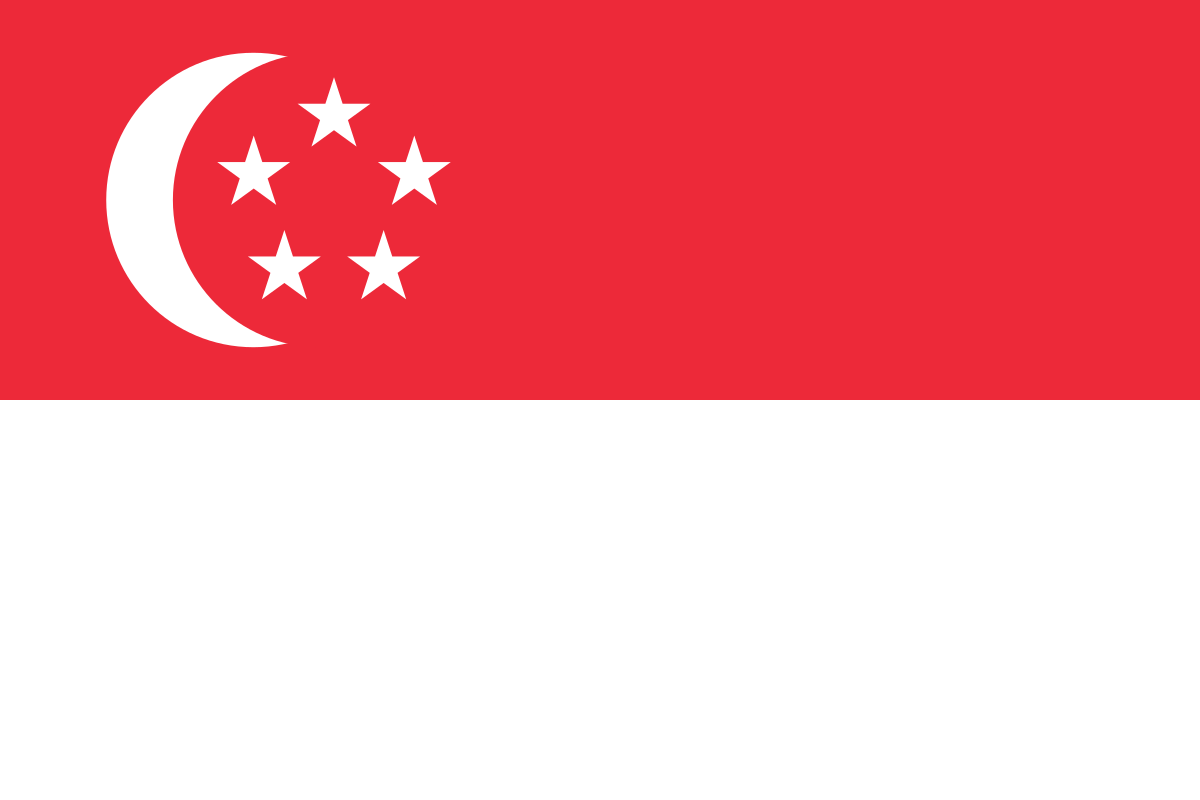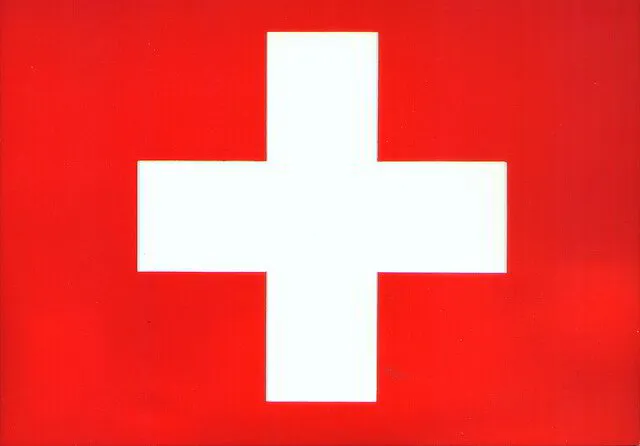Some countries spend very little on their military but still enjoy high levels of safety and peace. These nations focus more on healthcare, education, and community well-being than on weapons and defence. Their low crime rates, strong social systems, and diplomatic policies help keep citizens secure without relying on large armies. Can you imagine living in a country where the defence budget is under $350 million, yet people feel safe walking alone at night? What if this country also ranks high in happiness, environmental care, and public trust?
These peaceful nations prove that safety doesn't always come from military strength. Instead, it can come from innovative governance, social harmony, and international cooperation. They often invest in conflict prevention, strong legal systems, and citizen engagement. In this article, we'll take a look at countries with the lowest military budgets and the highest safety levels.
List of Countries with Minimal Military Budget & High Safety
The country most famously embodying a minimal military budget and high safety is Iceland. Consistently topping the Global Peace Index, the Nordic island nation is the only NATO member without a standing army, relying instead on a small coast guard and international agreements for defence. Its annual military expenditure is negligible, with funds channelled into robust social welfare, education, and strong police services.

This lack of militarisation, combined with high social equality, a high-trust society, and an isolated geography, results in extremely low crime rates and a peace model that prioritizes diplomacy and strong democratic institutions over defense spending.
| Rank | Country | Military Budget (USD) | Global Peace Index (2025) Score | Remarks |
| 1 | Iceland | $312 million | 1.112 | No standing military |
| 2 | Ireland | $1.5 billion | 1.124 | Minimal armed forces |
| 3 | New Zealand | $3.03 billion | 1.323 | Small, non-aligned |
| 4 | Austria | $5.48 billion | 1.124 | Neutral, EU state |
| 5 | Singapore | $15 billion | 1.339 | Small, well-managed |
| 6 | Switzerland | $25 billion | 1.350 | Neutral, militia |
| 7 | Portugal | $4.63 billion | 1.372 | Low-risk EU country |
| 8 | Denmark | $7.23 billion | 1.382 | Social welfare state |
| 9 | Slovenia | $887 million | 1.395 | Former Yugoslavia |
| 10 | Finland | $6.78 billion | 1.474 | Northern Europe |
1. Iceland

Iceland stands as the world's safest nation, with a military budget of just $312 million, the lowest among NATO states. It has no standing army, navy, or air force and relies on international agreements for defence. Crime is exceedingly rare due to strong social norms, high living standards, and a small, tightly knit population. The police generally don't carry firearms, and political stability is the norm. Iceland prioritises social welfare, education, and equality, all of which foster a peaceful atmosphere and make violent conflict virtually nonexistent.
2. Ireland

Ireland features one of the world's most modest military budgets among developed nations, at approximately $1.5 billion in 2025. Its defence forces are small and primarily focused on peacekeeping, disaster response, and domestic security. Ireland consistently ranks among the world's safest nations, credited to its robust legal system, widespread trust in institutions, and absence of significant international conflict. Internal crime remains low, especially outside a handful of urban pockets.
3. New Zealand
New Zealand's military budget of about $3.03 billion remains modest relative to global standards, supporting only a small navy, air force, and army primarily focused on disaster relief and regional peacekeeping. The country is renowned for its exceptionally low crime rates, strong social cohesion, and high degree of political stability. New Zealand's remote geographical location, coupled with a non-aligned foreign policy, allows it to avoid the risks associated with international conflict. Progressive laws protect individual freedoms, and societal trust is high.
4. Austria
Austria maintains a modest military budget of roughly $5.48 billion and a small army oriented towards neutrality. The country's neutral stance dates back to the aftermath of World War II, contributing significantly to its reputation for stability. Violent crime and public unrest are rare and generally pose little threat to everyday life. Austria invests heavily in social programmes, healthcare, and education, with well-established institutions ensuring high levels of trust and community security.
5. Singapore

With a military budget of about $15 billion, Singapore supports a highly efficient, technologically advanced force relative to its population, but still spends far less than larger countries. The city-state ranks among the safest nations, featuring extremely low crime rates and a famously strict but fair legal system. Singapore's stability arises from strong governmental institutions, strict law enforcement, and societal emphasis on order.
6. Switzerland

Switzerland's $25 billion military budget supports a part-time militia rather than a full-time standing army. The nation is renowned for its centuries-old neutrality and the presence of international organisations like the Red Cross. Swiss law emphasises personal safety and civil rights, while social trust and cohesion are high. Gun ownership is widespread but regulated, and violent crime is scarce.
7. Portugal

At $4.63 billion, Portugal's military budget is relatively modest by European standards, supporting a small force focused on peacekeeping and homeland security. The country is distinguished by a significant turnaround over the past decade, dropping its crime rates and making impressive social and economic progress. Urban and rural areas alike are considered safe, with serious crime infrequent and well-managed by the national police.
What Makes Countries With Low Military Budgets So Safe?
- Countries with low military budgets often enjoy high levels of societal safety due to the combination of stable political institutions, strong legal frameworks, community policing, and widespread social trust.
- These nations typically experience little international threat thanks to non-aligned foreign policies, diplomatic engagement, and mutual defence pacts with larger neighbours.
- Low inequality, robust education, and comprehensive social welfare further reduce crime rates and social unrest.
- The absence of major geopolitical disputes allows these countries to invest in societal well-being rather than military buildup, creating an environment where citizens feel secure without the need for heavy military expenditure.
Why Do Some Highly Safe Countries Maintain Minimal Military Forces?
Several highly safe countries opt for minimal military forces due to their strategic focus on neutrality and diplomacy, which keeps them insulated mainly from conflict. Nations like Iceland, Ireland, and Austria have constitutionally mandated neutrality or long-standing traditions of non-alignment, reducing their likelihood of being drawn into wars. Dependence on international organisations or alliances for defensive support further lowers their military requirements. This approach lets them channel national resources into education, healthcare, and public safety.
Which Continent Has The Most Countries With Both High Safety And Low Military Spending?
Europe stands out as the region with the highest concentration of countries that balance high safety and low military budgets. Notable examples include Iceland, Ireland, Austria, Switzerland, and Portugal, all of which rank at the top of the Global Peace Index while maintaining modest defence expenditures.
Comments
All Comments (0)
Join the conversation